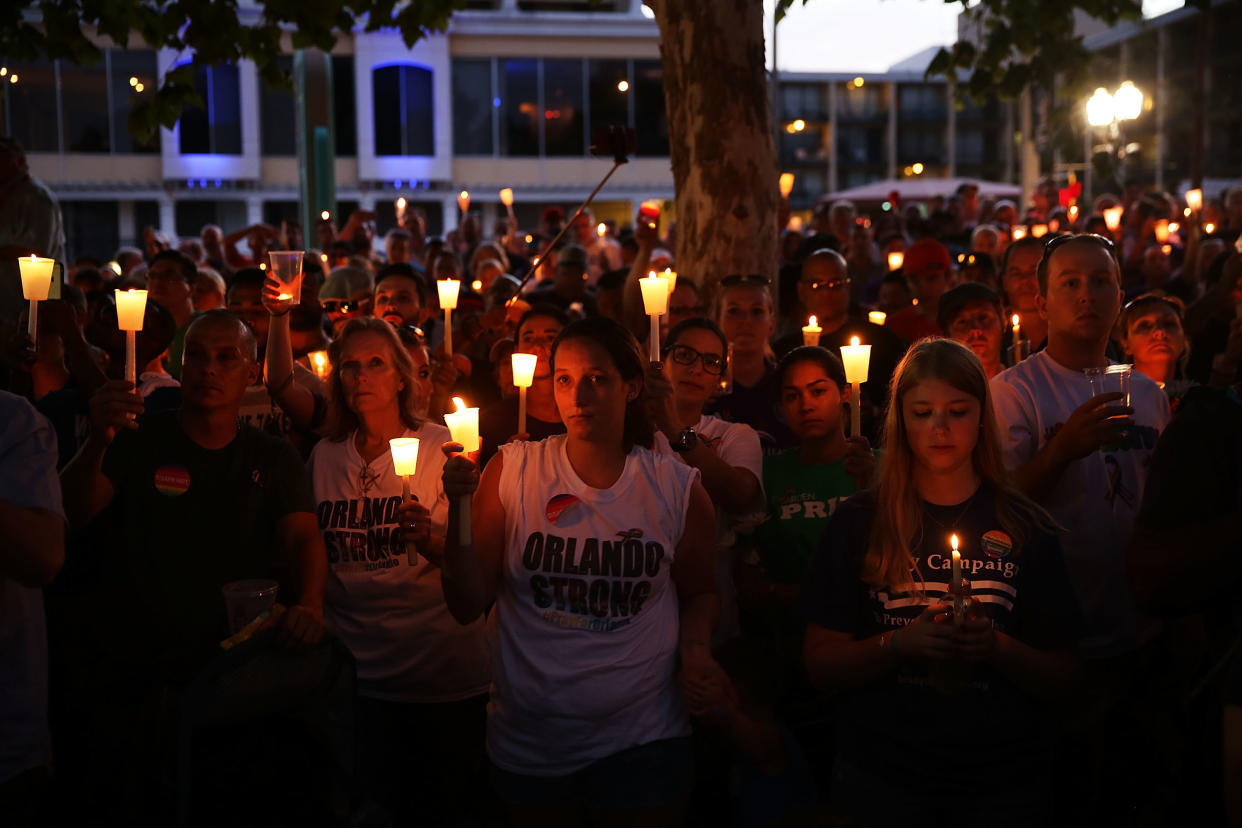America's Mass Shooting Problem Is A Domestic Violence Problem

It seems like there is no place in America that is immune to a mass shooting. Inside a darkened movie theater. At a nightclub throbbing with sweaty bodies. During Sunday services at church. At an outdoor country music concert.
These days, home seems like the safest bet. But the truth is, the most likely location for a mass shooting is precisely in that presumed refuge. The nightmarish reality is that most mass shootings in America are related to domestic violence. The overwhelming majority take place behind closed doors.
From 2015 to early November 2017, there were 46 mass shootings in the U.S., defined as an incident in which four or more people were shot and killed, not including the gunman. According to data collected by Everytown for Gun Safety, in 27 cases, or about 59 percent, the perpetrator killed an intimate partner or family member during the massacre or had a history of domestic violence.
Perpetrators of mass shootings, far from being strangers to their victims, are usually husbands or boyfriends. They kill their romantic partners and family members, as well as friends, neighbors, co-workers and innocent bystanders.
To be sure, the overwhelming majority of men who abuse their families do not go on to commit acts of mass violence. Domestic violence is prevalent in our society; mass shootings are not. But it’s worth noting the connection, as researchers have identified the key warning signs of abusers who are likely to kill in the future. They share remarkably similar traits: They have histories of strangling their partners, stalking and death threats. And, crucially, they have access to firearms.
Below, we have included information on all mass shootings since 2015 in which the alleged killer targeted a family member or intimate partner during the massacre, or had a history of domestic violence. Some of these incidents made the news, but many didn’t. Here are those stories.
Also on HuffPost
Love HuffPost? Become a founding member of HuffPost Plus today.
This article originally appeared on HuffPost.

